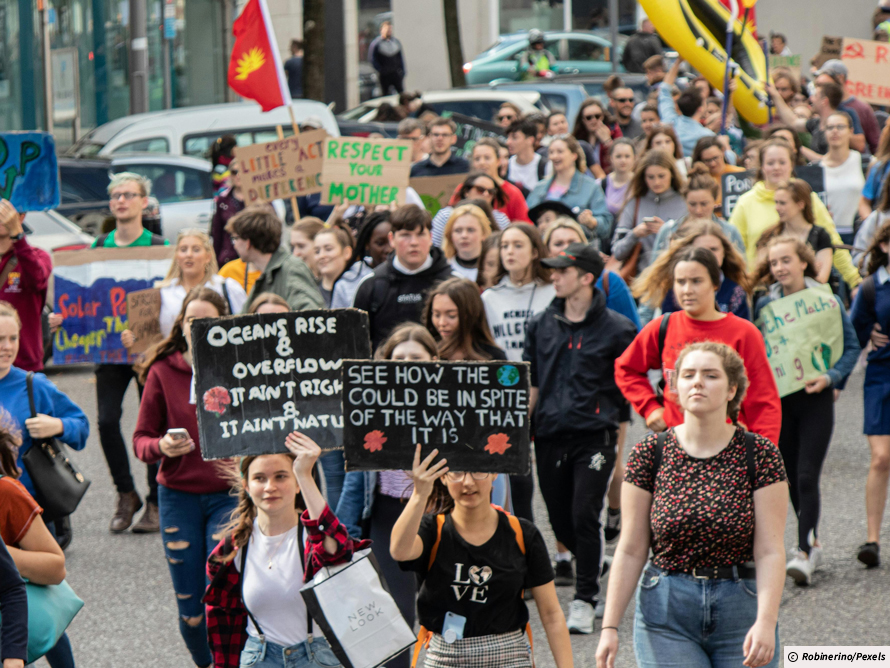After Reform UK seized hundreds of seats in local council elections, Labour is set to boost spending in some of Britain’s poorest areas. Isabel Parker, 17, from East Norfolk Sixth Form, argues that towns like Great Yarmouth must choose their futures now.
Great Yarmouth, one of the UK’s beloved seaside holiday destinations, was hit hard during the pandemic of 2020. As tourism, the town’s main source of income, ground to a halt, businesses like The Pleasure Beach and The Hippodrome faced unprecedented hardship. With the collapse of the local economy and a worsening cost-of-living crisis, many residents found themselves relying on food banks or placed in emergency housing.
However, the pandemic simply amplified the long-standing deprivation already present in Great Yarmouth. The town has often felt overlooked by a government more focused on prosperous cities like London. Education and job prospects are particularly poor. According to the Office for National Statistics, 26% of residents have no qualifications, making Great Yarmouth one of the lowest-ranking local authorities in England and Wales. Young people struggle to acquire the skills needed to access higher education and better employment opportunities.
The 2024 General Election saw a dramatic shift in Great Yarmouth’s political landscape. Reform UK’s Rupert Lowe won the constituency with 14,385 votes, narrowly defeating Labour’s Keir Cozens. Reform’s slogan, “Let’s make Great Yarmouth, Great again,” resonated with voters in search of change. A key pledge includes bringing back the fishing industry, though critics argue this is unrealistic due to the overfishing crisis of the 1960s and the current lack of fish.
Reform’s rise also raises questions about identity and belonging. Their anti-immigration stance has led to concerns within Great Yarmouth’s diverse community. The town is home to many families from different cultural backgrounds, about one-third of students at Great Yarmouth Charter Academy speak English as an additional language. For these families, Reform’s rhetoric presents a future filled with uncertainty.
The term “British” is frequently used in political discourse, particularly by Reform, to define who belongs. But what does “being British” truly mean in a multicultural society like the UK? Immigration has long been a pillar of British growth, diversity, and innovation. Using “Britishness” to exclude communities undermines the country’s inclusive values and morals.
Reform’s broader manifesto includes controversial proposals like withdrawing from the European Convention on Human Rights and banning the teaching of transgender topics in schools. Critics warn that such policies could dismantle the progressiveness the UK has long been known for. This political shift echoes broader global trends. From the United States to the UK, populist ideologies are gaining popularity, often at the expense of vulnerable communities. As international tensions rise and societies grow more polarised, fear and uncertainty ripple through communities like Great Yarmouth.
Many residents, especially those from immigrant backgrounds, now face a sobering reality. They fear that their sense of home, safety, and belonging could be stripped away by divisive politics. The question that hangs over Great Yarmouth now is a deeply personal one: will we choose change, or continuity? And at what cost?
Martin Luther King Jr. once said, “Our lives begin to end the day we become silent about things that matter.” For Great Yarmouth, the time to speak and act is now.
Interested in submitting your own Student Voices article or video? Find out more here.












